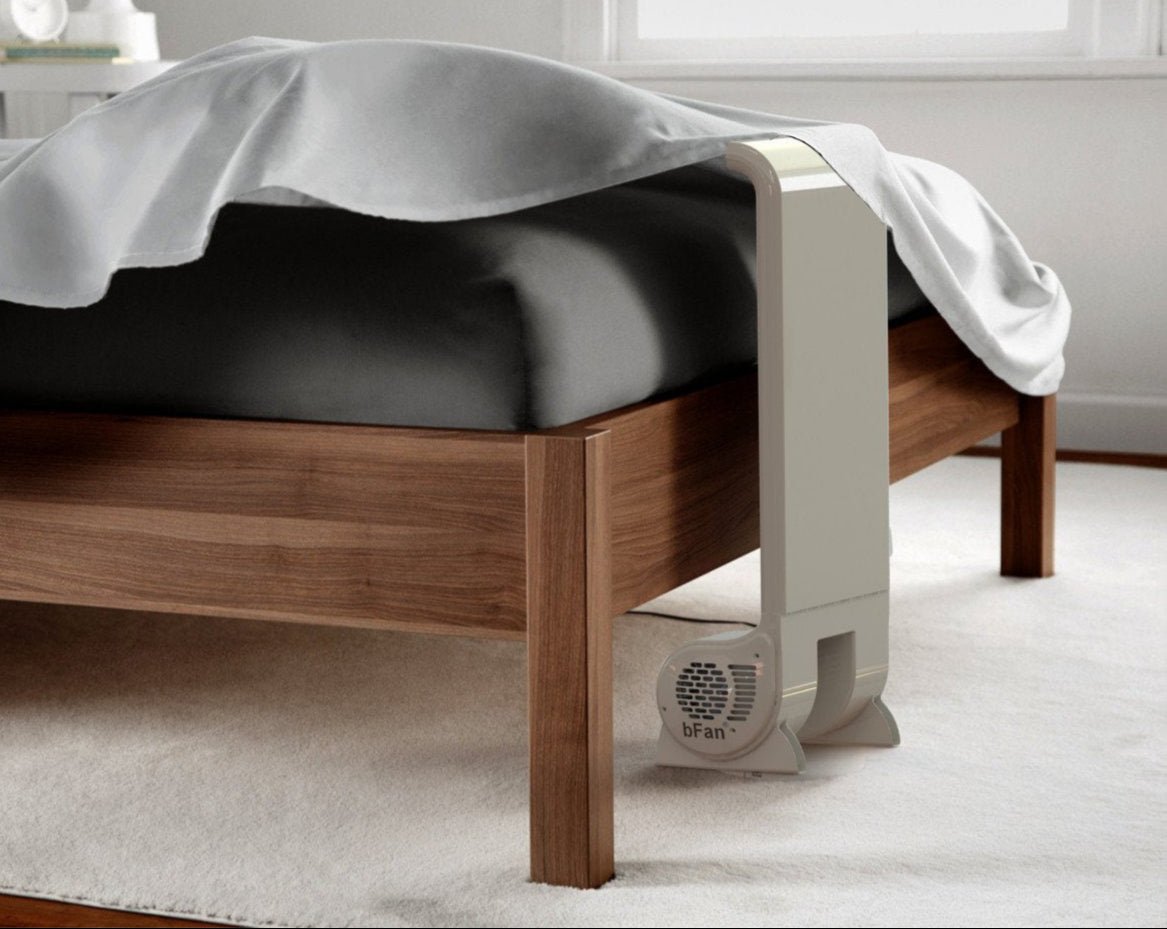Night Sweats After Giving Birth
Night sweats are frequent episodes of heavy sweating which occur at night and during sleep. Night sweats differ from general nighttime sweating in that the sweat is excessive, oftentimes soaking bedding and pajamas. Night sweats also differ from general sweating in that an underlying illness or disease causes them. In contrast, general heavy sweating can occur due to various external causes, such as too many blankets, heavy night clothes, or the bedroom being too warm.
Many changes occur with pregnancy, which can cause night sweats even as early as in the first trimester! Night sweats are even considered to be one of the first signs of pregnancy. Hormonal changes are the leading cause of night sweats during early pregnancy. The levels of progesterone and estrogen in the body fluctuate considerably, affecting the hypothalamus, which is the part of the brain regulating heat. Because of the way that the hypothalamus is affected, the body overheats, causing night sweats as well as hot flashes. These are the same hormonal changes that occur during menopause to generate the same symptoms (and more).
Just as there are a lot of symptoms that occur with pregnancy or menopause, there are also a lot of lesser-known symptoms that occur postpartum. The six weeks following birth are known as the fourth trimester and are the period when the body actively works to recover from childbirth. Vaginal bleeding can last for up to 10 days post-birth as the uterus empties itself of the remaining blood. Light bleeding and spotting generally follow this period of bleeding. Abdominal cramps will also occur during that same timeframe as the uterus shrinks back to standard size. Constipation and trouble urinating are also expected in the first few days after birth. Body aches and fatigue are also to be expected. Another lesser-known symptom is night sweats.
Night sweats can linger into postpartum time because the hormones change again after birth. The levels of estrogen and progesterone drop and trigger changes in the hypothalamus again. There are a lot of other symptoms that come along with night sweats, such as sleep loss, irritability due to sleep loss, fatigue, body odor, and waking up a lot throughout the night. It's also essential to ensure that the postpartum night sweats do not stem from something else, such as an infection. If chills or fever occur with night sweats, you should contact your doctor as it could be an infection.
Dealing with postpartum night sweats can be extremely frustrating, as sleep is already hard to come by, and night sweats further disturb it. Luckily, there are quite a few ways to help alleviate night sweats from the comfort of your home. Drinking lots of water and staying hydrated is essential to avoid dehydration from excessive sweating. In addition, wear loose and breathable clothing, such as cotton, to sleep in and help your body breathe and not overheat even more. Your bedding should also be as light and breathable as possible. Maintaining a cool temperature in the bedroom is the best way to relieve night sweats. The best way to keep your body cool is by using the BedFan, which blows cool air across the body to provide ultimate relief.
Share

